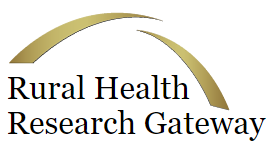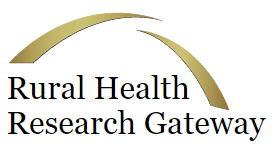July 15, 2025

The Impact of High Hospital Fixed-Cost Ratios on Rural Populations
This brief from the RUPRI Center for Rural Health Policy Analysis describes the regional variation in Critical Access Hospital (CAH) and Low-Volume Hospital (LVH) status with respect to average fixed-to-total-cost ratios, finding that CAHs tend to have the highest ratios, followed by LVHs. However, the average ratio for each status differs regionally across the United States.
Click Here to Read More






